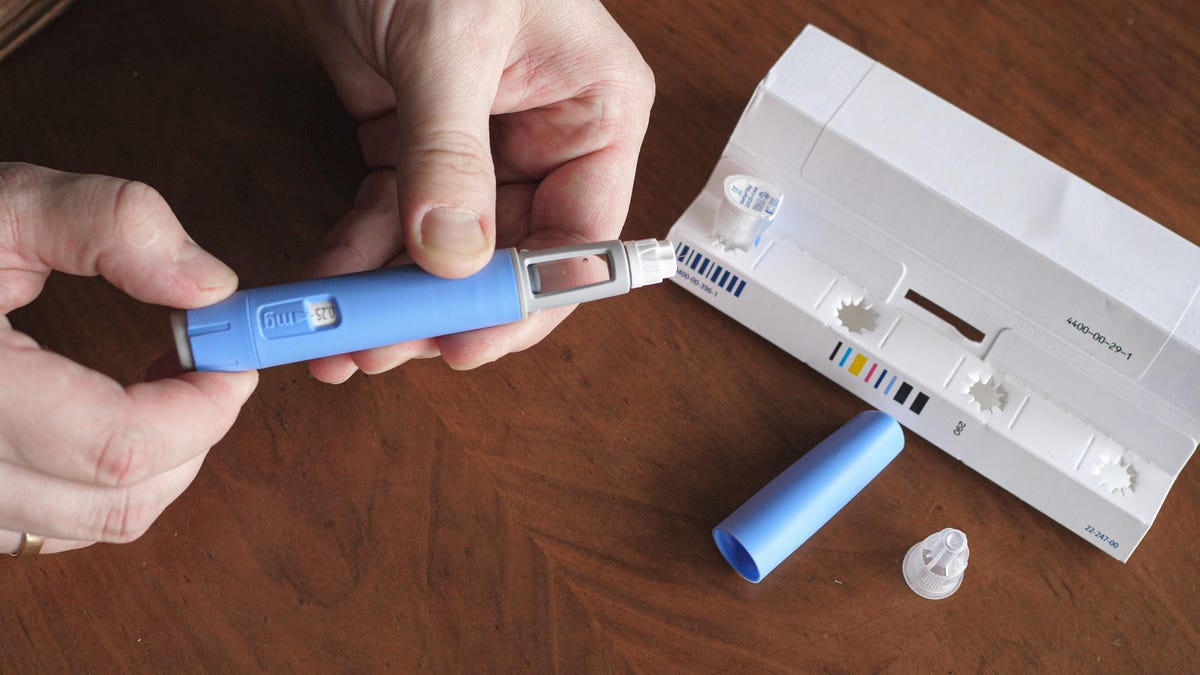Americans are increasingly calling poison control centers over semaglutide, the active ingredient in popular weight loss drugs Ozempic and Wegovy. Most of these calls appear to concern potential overdoses of semaglutide and might be tied to a rise in compounded versions of the drug, which aren’t tested for their safety and can come in doses that vary greatly from the typical formulation.
Google’s AI Isn’t a Gimmick, It’s the Future | AI Unlocked
Semaglutide was developed by the Danish-based pharmaceutical company Novo Nordisk. It was approved by the Food and Drug Administration to treat type 2 diabetes in 2017 under the brand name Ozempic, and later approved in a higher dose version to treat obesity in 2021 under the name Wegovy (Ozempic is sometimes prescribed off-label for weight loss as well). In clinical trials of Wegovy, the drug has helped people lose an average 15% of their baseline weight, well above the typical success seen with diet and exercise alone or older obesity drugs.
No medical treatment comes without potential risks and side effects, though. Even when taking semaglutide as intended, people will frequently experience gastrointestinal issues such as vomiting and diarrhea, though these symptoms tend to wane over time. And it now seems that people are also getting hurt from accidentally misusing the drug as well.
On Wednesday, CNN published a report detailing an increase in semaglutide-related calls to poison control. According to America’s Poison Centers, there were almost 3,000 such calls made to centers nationwide from January to November this year—an apparent 1,500% jump in reports since 2019.
“Oftentimes, it’s a person who maybe accidentally took a double dose or took the wrong dose,” Kait Brown, clinical managing director of America’s Poison Centers, told CNN.
Both Ozempic and Wegovy come in pre-filled pens used to deliver the drug via subcutaneous injections once a week, with Ozempic pens having adjustable doses. It’s a design that should help minimize the risk of overdoses. But officials suspect that at least some of these poison control calls are tied to custom-made versions of semaglutide produced by compounding pharmacies, which may not come with these safeguards.
“I think that whenever we have to rely on a patient to discern what the right dose is, to draw up and then administer, you’re putting more chances in there for there to be errors,” Brown said.
These products, sometimes falsely marketed as “generic” semaglutide, may use unauthorized formulations of the base ingredient that have not been tested for their safety and effectiveness. Though compounded pharmacies are allowed to produce drugs facing shortages—an issue that has plagued supplies of Wegovy and Ozempic off and on for years now—the FDA says that pharmacies should not do so using these unapproved formulations. The agency has explicitly warned customers to stay away from compounded semaglutide and has gone after several distributors of these products. Novo Nordisk has similarly pursued legal action against spas and other sellers.
Compounded semaglutide is likely to remain an appealing option for many, however, due to its typically much lower price. Wegovy can cost over $1,000 a month without insurance coverage, which often isn’t provided by private companies and isn’t allowed to be provided by payers like Medicare. Compounded semaglutide meanwhile might cost less than a third of that.
Poison control officials note that even people who take approved semaglutide can sometimes make dosing errors, so anyone taking these drugs should be careful about their use. Based on case reports and incidents recorded by poison control centers, symptoms of a semaglutide overdose can potentially include: severe or prolonged vomiting, feeling lightheaded or dizzy, chills, headache, and even seizures. And if you or a loved one thinks they’ve experienced an overdose, you should call your local poison control center or the national hotline at 800-222-1222.
